Andra Houchen found that doctors would not listen to her when she tried to tell them about her husband’s strange behaviour. His illness was misdiagnosed as depression for three years until it was eventually recognised as frontotemporal dementia:
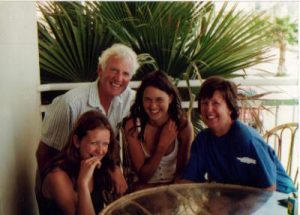
'During the first year of my husband’s illness, I had tried to talk to our GP about how life was becoming odd and strange for myself and our two daughters. I met a brick wall. The GP said that for reasons of patient confidentiality he could not discuss anything about my husband with me. It appeared that nothing I said would be taken into account, despite the GP’s knowledge of us as a family. During the long wait for the diagnosis, we had to live with inexplicable personality and character changes unaided, because Anthony was adamant that there was nothing wrong with him.'
Marylyn Duncan brought her mother over from Trinidad so that she could take care of her:
'I think my mum’s journey into dementia began when she started accusing people of taking her things. She started accusing us of taking her money, and accusing my son Anton’s friends of taking her knickers. And I thought, ‘Well no, my mum is a size 22. They can’t be taking her knickers!’ … Anton and I both came home, on different occasions, and found the house full of gas. I thought I was going to pass out. She was sitting there, watching TV, and the house was full of gas. That’s when I decided, I couldn’t work full-time any more.'
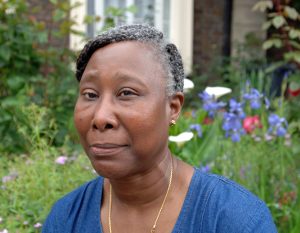
Steve Jeffery describes how conversations with his mother became more and more bizarre:
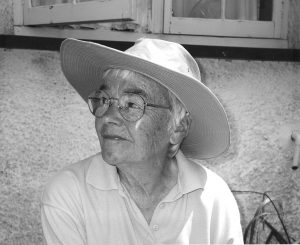
'I remember once asking what had happened to her that day, to be told: "A man came in with a very important moustache." On another occasion I was trying, without success, to explain something to her. When she finally gave up the attempt she announced: "I must be losing my bonkers!" When I was trying to give her some exercise I asked her if she could walk. "I don’t think any of me could walk," came the eloquent response.'
Rachael Dixey’s partner Irene was diagnosed with Alzheimer’s aged 56:
‘Even after all these years, I still find it hard to believe that Alzheimer’s has happened to us, as if we were sent the wrong script. We were the couple destined to spend 60 years together, to fade into the sunset… I felt that we were like two trees, strong individuals on the surface, but with our roots totally intertwined underneath, me inconceivable without her.’

Peggy Fray’s sister Kathleen was born with Down’s Syndrome, and Peggy looked after her for 40 years. In later life, Kathleen developed Alzheimer’s disease and severe epilepsy, and Peggy found that medical staff had no idea how to take care of her:
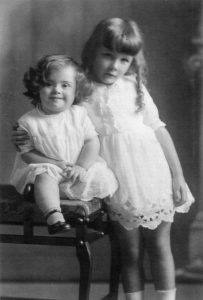
'The hospital staff had never before cared for someone with the dual disability of Down’s syndrome and Alzheimer’s disease. There ensued a series of very stressful incidents and misdiagnoses, where Kathleen endured severe discomfort and unrecognised pain. This was despite the best efforts of good, kind nurses who simply had not been trained to deal with the special needs of those with Kathleen’s condition.'
Maria Jastrzębska cared for her parents who both developed dementia in their eighties:
'On the morning of my mother's death, I had to tell my father. I knew that within an hour he would forget our conversation, but I also knew how it would affect him deep down. He was terribly shocked, as if he had been totally unprepared for it. After her death he would look for her in the house and ask where she was. I couldn't bear to pretend my mother was alive. I didn’t bring it up, but if he asked I told him the truth. Every conversation we had about her dying was like him hearing it for the first time and yet his reactions grew more subdued. I'm convinced that deep in his heart he knew, though his mind on another level could not retain it.'
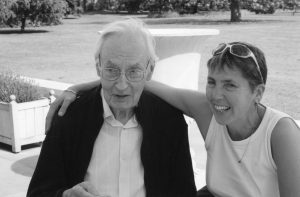
Barbara Pointon looked after her husband Malcolm for 16 years after he developed Alzheimer’s disease, and their experiences were chronicled in Paul Watson’s film for ITV, ‘Malcolm and Barbara – Love’s Farewell’:
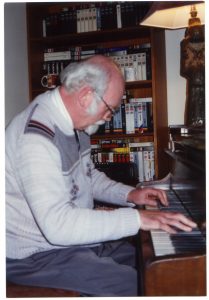
'When words failed, it was music that took over. Even though he was scoring zero on all the cognitive tests, and intelligible speech was wholly gone, Malcolm could improvise for hours on the piano. Despite his normal memory span being reduced to less than a minute, Malcolm would invent pieces where he would set out musical ideas at the beginning and play them again near the end, at least twenty minutes later. The improvisations also gave me a precious insight into how he was feeling – happy, peaceful, angry, resigned or positive. Many improvisations had a powerful, angry section, but most resolved into an autumnal peace.'
Pat Brown’s husband Chris first showed signs of dementia at the age of 50, but his symptoms were not recognised by the specialists who examined him, who believed he was merely suffering from stress and depression. He did not receive a correct diagnosis until he was 56, and died a year later:
'Driving with Chris became absolutely terrifying, as he would take off his seatbelt and attempt to get out of the car. He had no idea where he was, where we were going or indeed who I was, and he would threaten to kill me as he believed I was threatening his family. I learned very early never to challenge him. In order to defuse such a situation, I would speak softly and calmly, repeating over and over that I was his best friend and I would never hurt him ...'
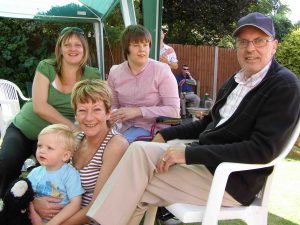
Roger Newman’s experiences caring for his partner David led him to form a support group for LGBT people affected by dementia:
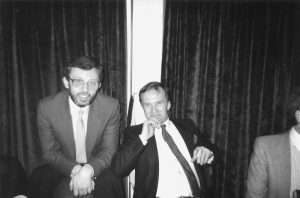
‘Some doctors would not accept my role, or the validity of our relationship, without me having to be quite forceful in my reactions. As the dementia took hold, David aged visibly, and some people just assumed that he was my father. I did not want to let such a misunderstanding go, and I always felt it necessary to say that he was my partner.’
Maria Smith wrote a poem in which she describes Alzheimer’s as a thief which has robbed her husband of his faculties. She captures the lonely and gruelling nature of caring, but also the loving courage manifest in so many of the contributions to this book. You can read the whole poem here.
‘Only my spirit bounces against the hard rock of despair
and rises,
each morning,
to face the new day,
determined to make a difference.’
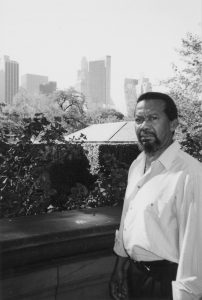
All extracts from Telling Tales About Dementia: Experiences of Caring, edited by Lucy Whitman. Copyright Jessica Kingsley Publishers 2010. Reproduced by permission of Jessica Kingsley Publishers.
